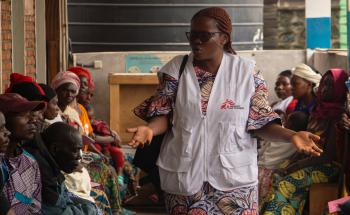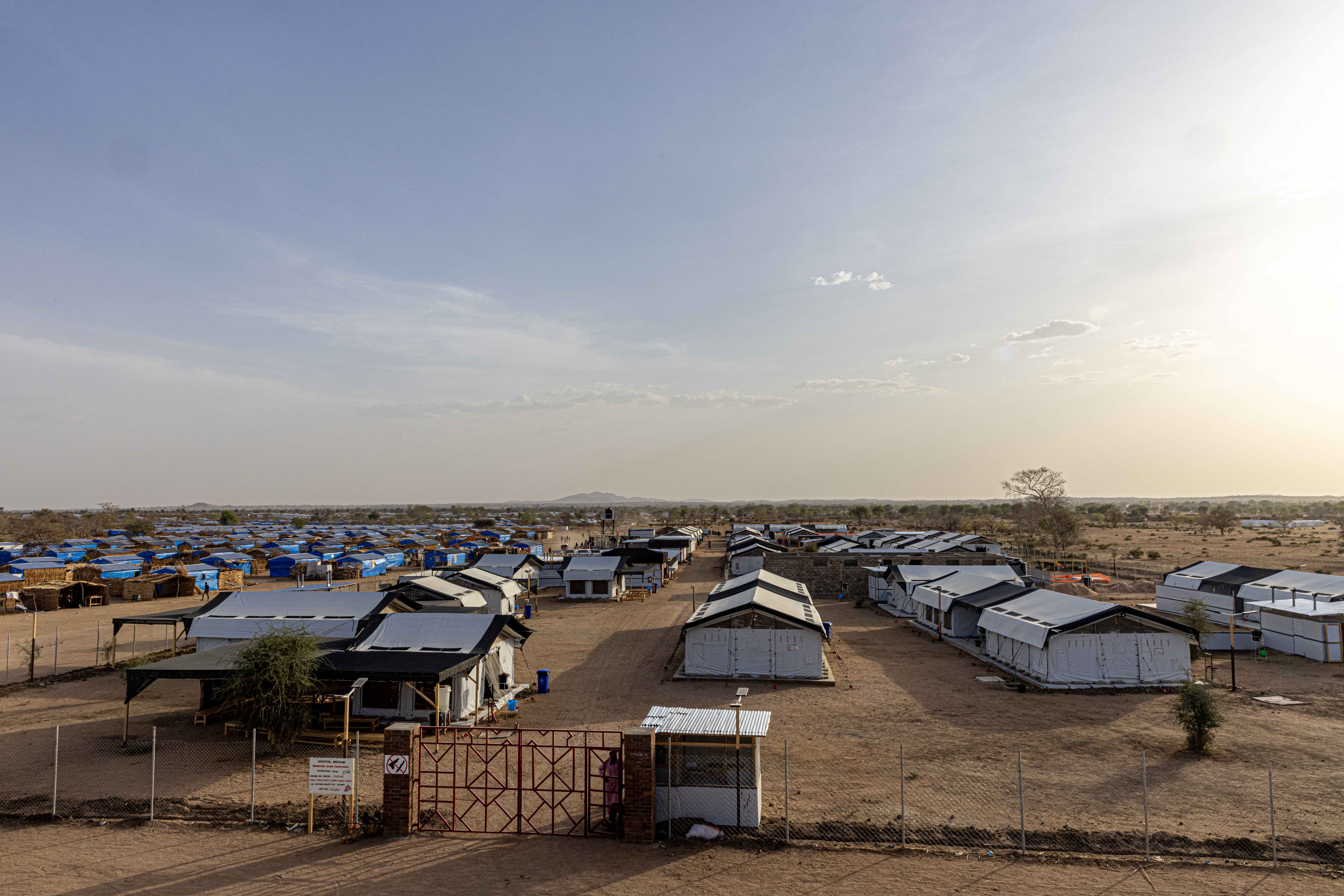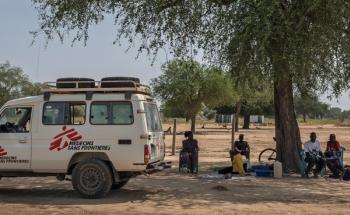
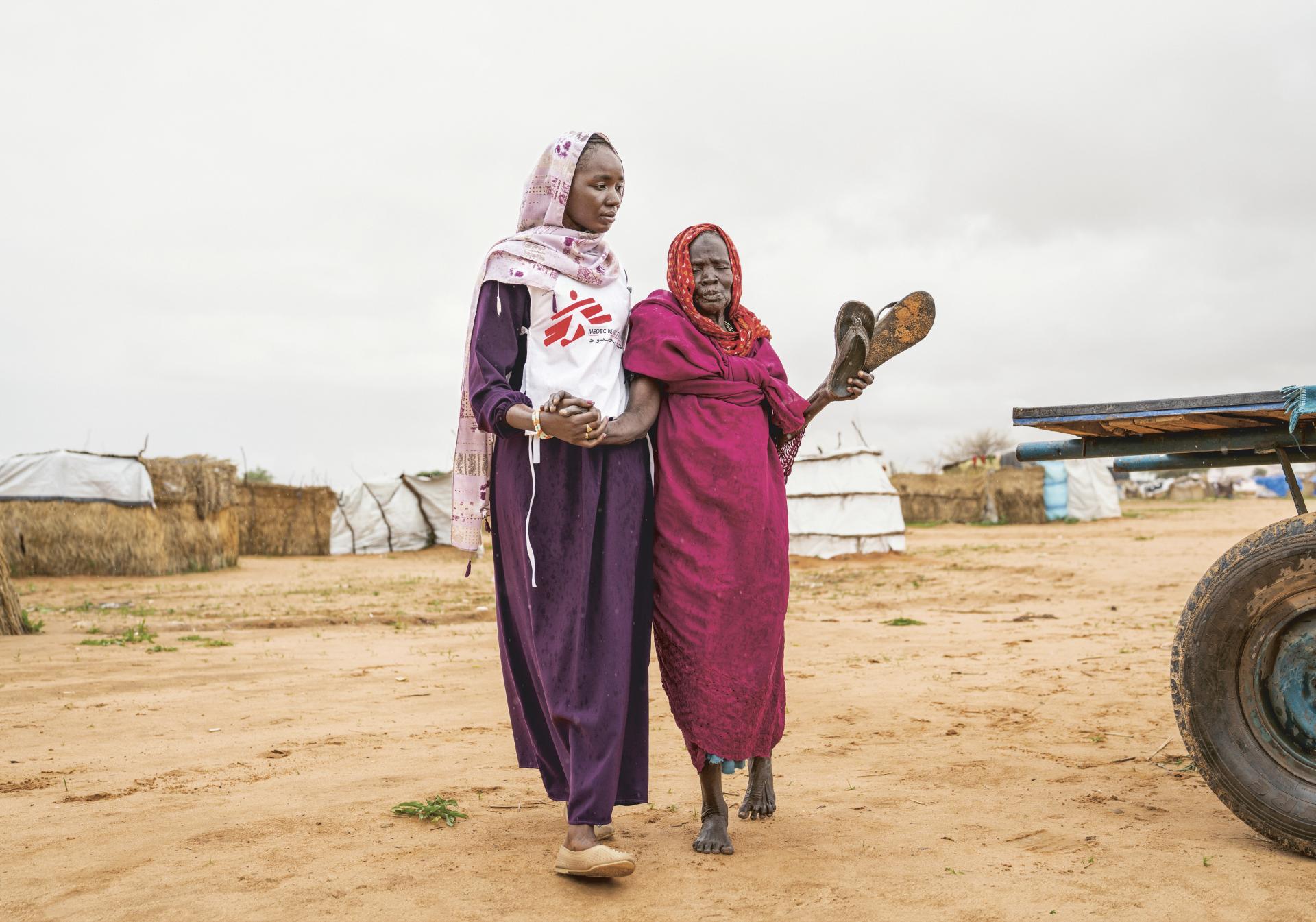
Chad
We ran health and sanitation projects in Ouaddaï, Sila, and Wadi Fira in eastern Chad, striving to meet the immediate, and growing, needs of both displaced people and local communities. We have been providing basic, specialist, and community healthcare in the transit camp of Adré, and in the refugee camps of Aboutengue, Metché, and Iriba, and in Kimiti province, further south.
Featured
Our activities in Chad in 2024
Data and information from the International Activity Report 2024.
2,402
2,402
€78.8 M
78.8M
1981
1981
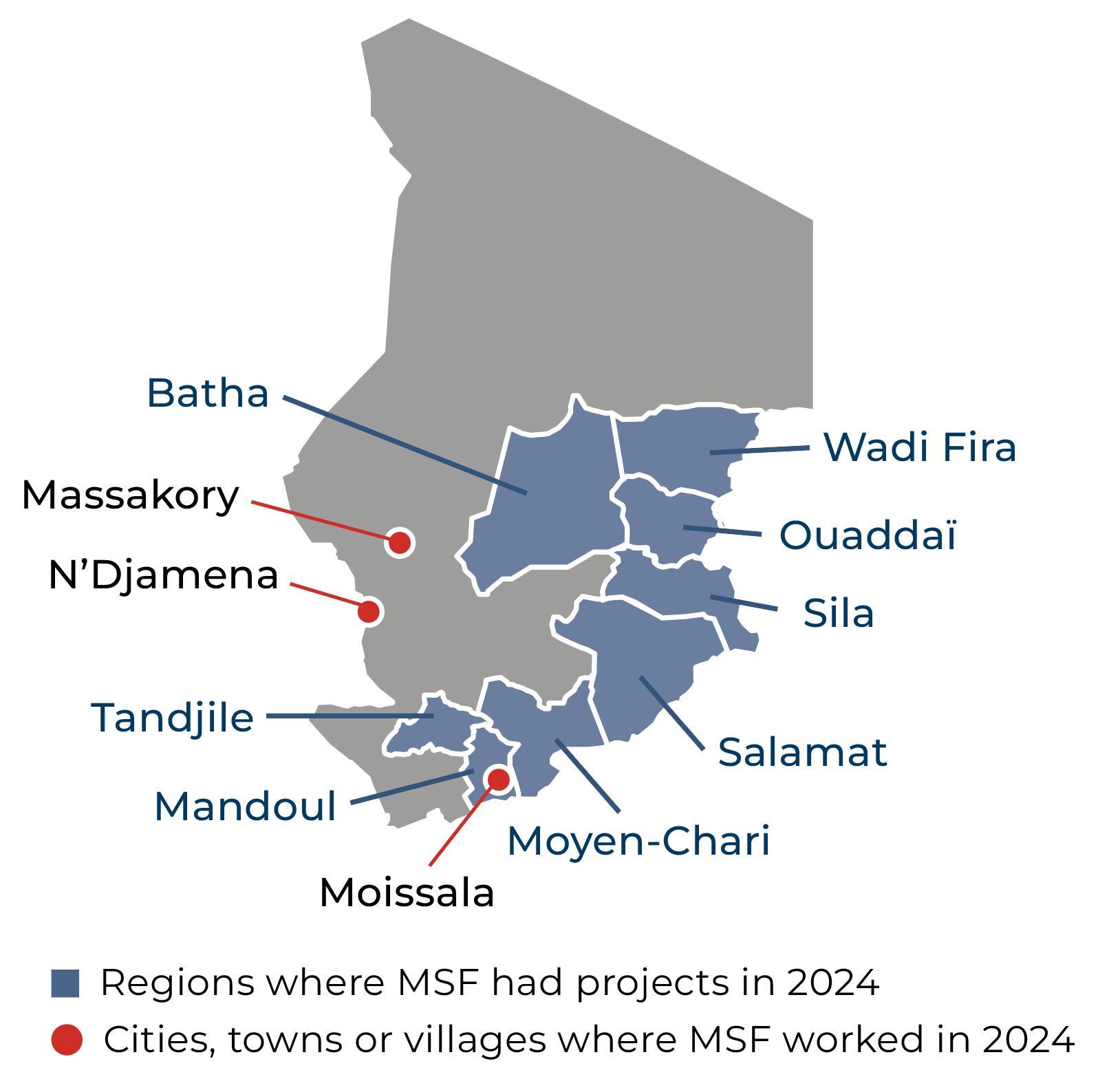
In response to the dire needs of refugees and returnees, MSF has built field hospitals in Metché and Aboutengue camps, running a wide range of services, including emergency, paediatric, neonatal, and sexual and reproductive care, as well as an operating theatre for emergency surgery in Metché.
At Adré hospital, we handed over our surgical programme in 2024 to the Ministry of Health, while we continued to support the paediatric, nutrition, and maternity wards. In Iriba, MSF supported the Ministry of Health at the district hospital and ran a clinic in Touloum camp, as well as a clinic at the Daguessa site and mobile clinics in Goz-Aschiye, Goz Saffra, and Andressa, in Wadi Fira. MSF also ran a health post in Tine transit camp, in Wadi Fira.
MSF activities aimed to strengthen paediatric care in all our projects, in particular the treatment of acute malnutrition and seasonal malaria, through screening and treatment of patients in inpatient and outpatient therapeutic feeding centres. We provided sexual and reproductive health services, mental health support, and care for victims and survivors of sexual violence in Adré, Iriba, and Metché.
We carried out extensive work to improve the drinking water supply in villages and refugee camps by constructing boreholes, latrines, and showers, and distributing water.
Regular programmes and other emergency activities
Devastating floods struck all 23 provinces of Chad in 2024, affecting thousands of people and killing more than 500. In collaboration with the Chadian authorities, MSF carried out several emergency responses to meet the immediate needs of affected communities, who were facing severe shortages of food, shelter, drinking water, and healthcare. In Koukou, Sila province, MSF helped local authorities rescue survivors, and provided an emergency healthcare, and water, sanitation, and hygiene response to reduce the risk of outbreaks.
To address low vaccination coverage, MSF supported numerous emergency and routine campaigns across the country. In collaboration with the Ministry of Health, we vaccinated children and adults against measles in the regions of Salamat and Moyen-Chari, and supported catch-up vaccinations throughout the country.
To tackle a resurgence in diphtheria, we launched a mass vaccination campaign in the Batha region in January. In the Mandoul region, we continued to partner with the Ministry of Health to improve access to paediatric, obstetric, and maternal healthcare in Moissala, as well as services for children, including treatment for malnutrition and malaria. In N’Djamena, MSF also collaborated with the Ministry of Health on a malnutrition project by supporting five outpatient therapeutic feeding centres and a hospital.
In several of our projects in Chad, we are promoting a communal approach to raising awareness about disease prevention. In Sila, we continued developing a community-based healthcare network across 91 villages, focused on screening and case referrals to improve access to care and early treatment. MSF also worked with community health workers in Massokary, Hadjer Lamis province, to treat malaria cases closer to people’s homes.

400.9M
400.9M
601,398
601,398
67,498
67,498
42,500
42,5

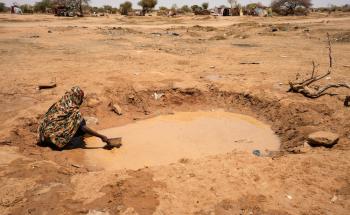
Sudanese Refugees in Chad are Safe from Bombs, but Struggling to Survive
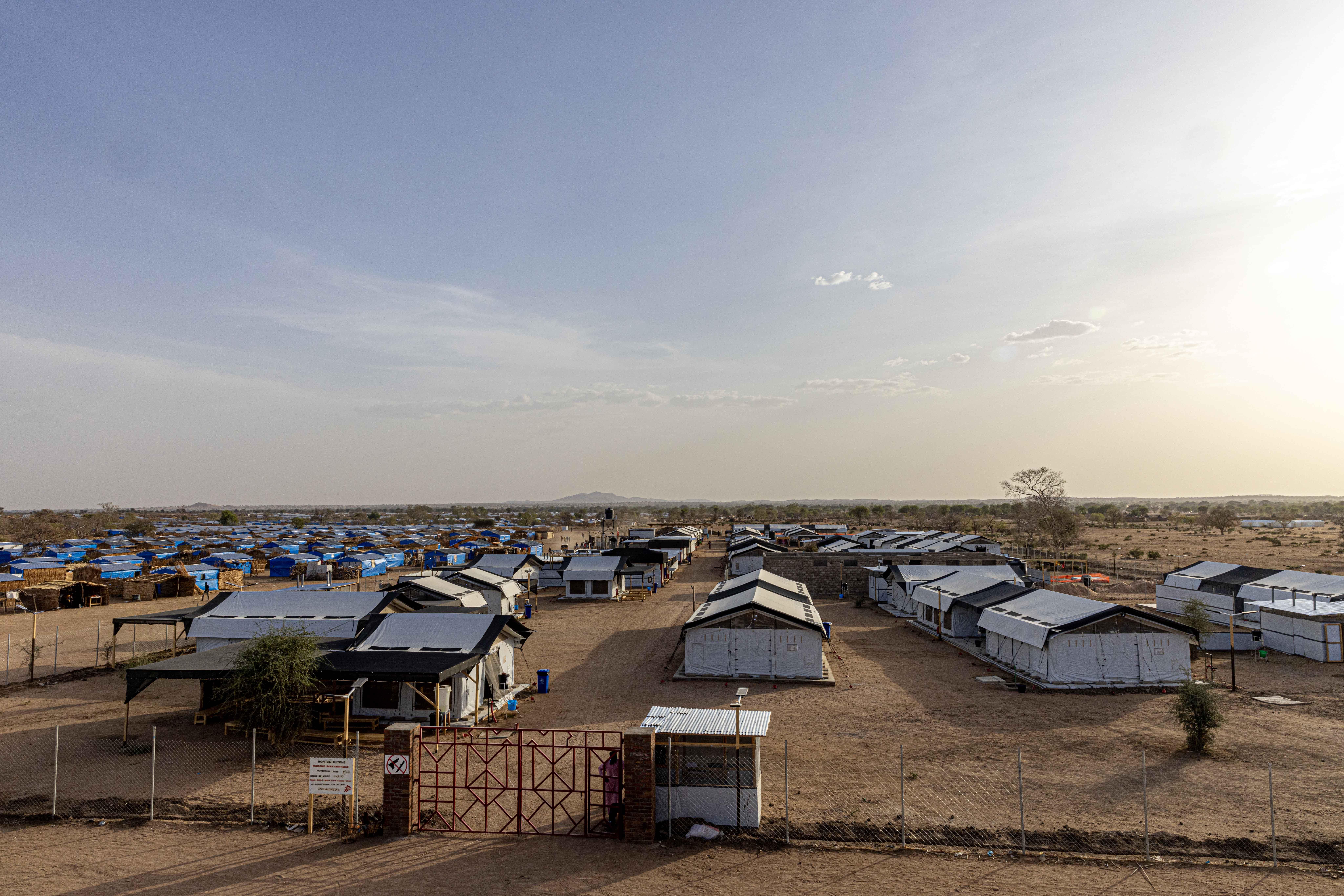
Eastern Chad: Launching a Mass Distribution of Supplies for Sudanese Refugees
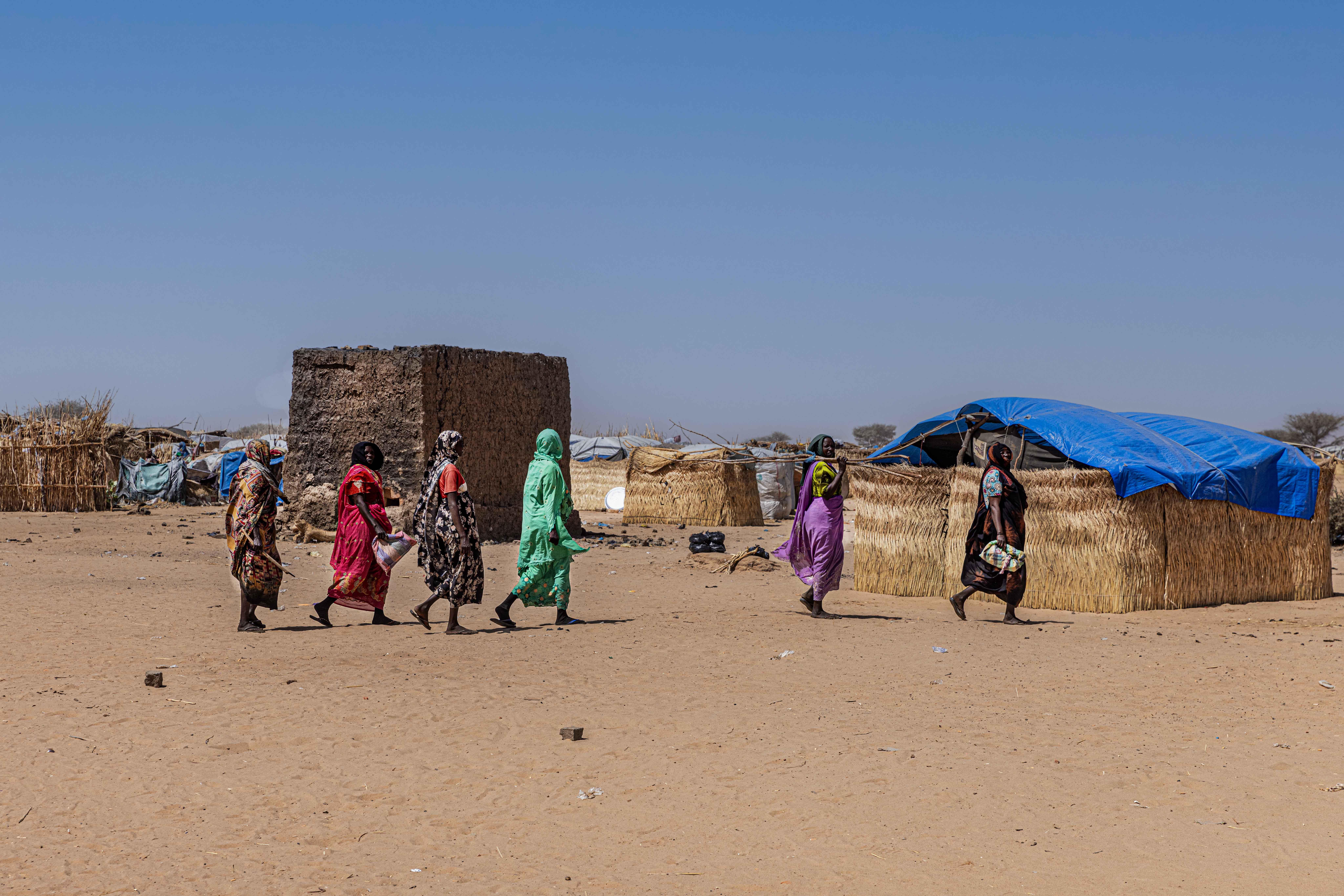
Adre, Chad: The Story of Mariam and Dr Zibert
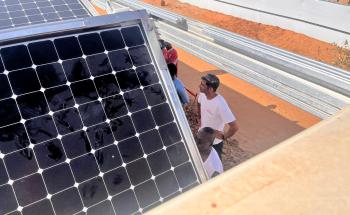
How we use solar energy to provide medical care
